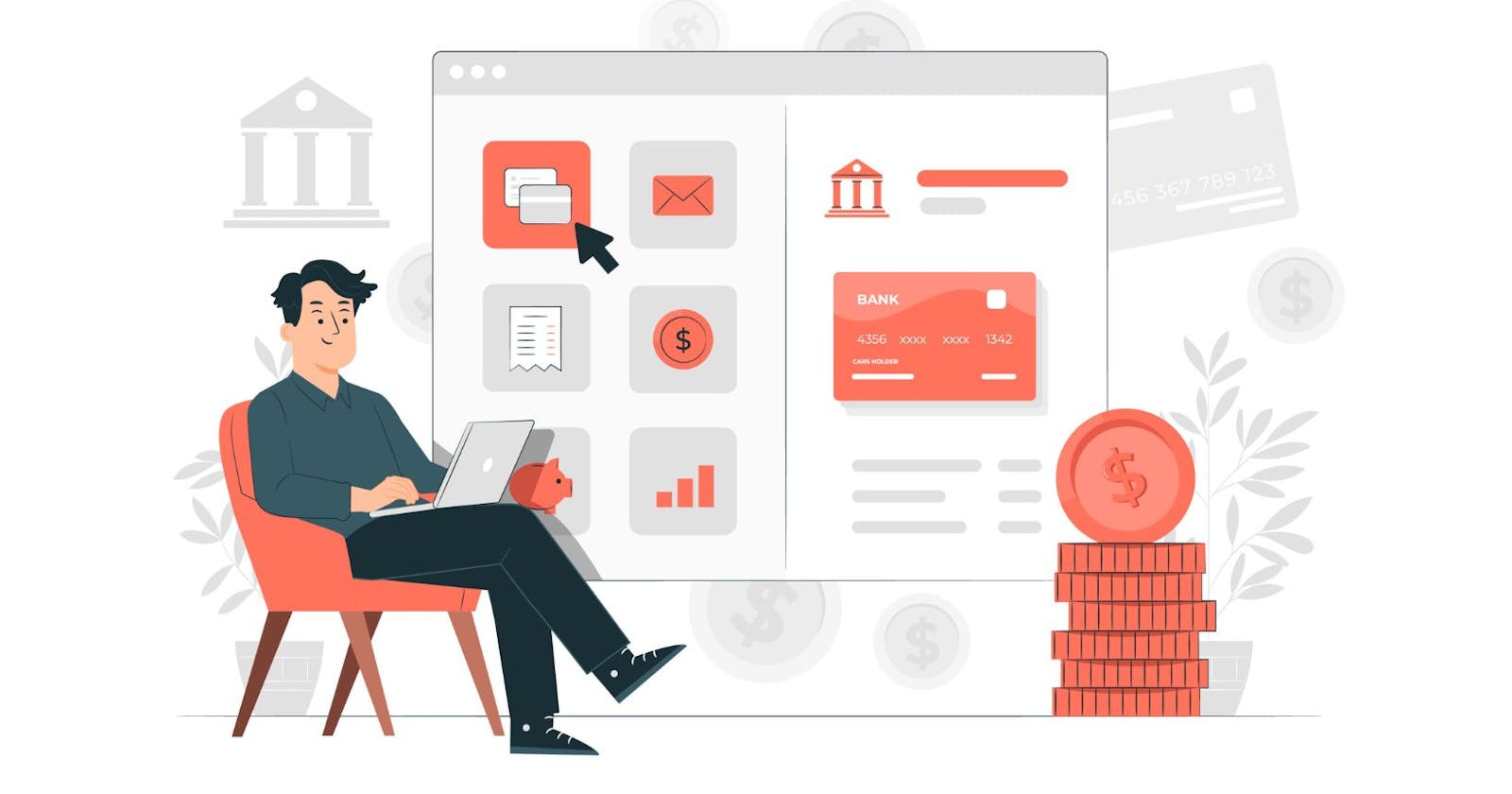Diverse Use Cases of Java in Fintech for Startups
If you are a new startup, you will thank me after reading this use cases of Java in Fintech.
In financial technology (Fintech), Java has become a reliable and popular programming language due to its ability to support the development of innovative and dependable solutions.
Moreover, Java's portability, security features, and extensive ecosystem have made it a popular choice in various Fintech domains. This article explores use cases of Java in fintech that drive efficiency, security, and innovation in the banking and finance sector.
Use Cases of Java in Fintech
High-Performance Trading Platforms
Java is well-suited for building trading platforms and executing complex algorithms in real-time due to its high performance and low-latency capabilities.
Concurrency support and platform independence allow for the swift processing of massive amounts of data, enabling the creation of algorithmic trading systems that can capitalize on market opportunities instantly.
Secure Financial Systems
Java's robust security features make it ideal for secure Fintech applications. Java's memory management, sandboxing, and encryption support help create secure applications that meet financial regulations.
Mobile Banking and Payment Apps
Java's versatility makes it a top choice for creating cross-platform mobile banking and payment applications.
Java allows for seamless user experiences on desktop and mobile devices with frameworks like JavaFX and Android Studio.
Risk Management and Analytics
Java's extensive libraries and frameworks make it ideal for developing risk management and analytics tools with high performance.
Java can efficiently implement complex calculations, portfolio management, and risk assessment models for financial institutions to make timely and informed decisions.
Core Banking Systems
Java is great for developing banking systems that handle transactions, customer data, and business logic.
Java provides a reliable and scalable foundation for creating mission-critical apps that seamlessly manage accounts, transactions, and customer relationships.
Digital Identity and Authentication
In today's digital landscape, secure authentication and digital identity are vital, and Java excels in creating sturdy solutions.
Fintech companies can establish secure user authentication processes with cryptography libraries and support for two-factor authentication.
Regulatory Compliance and Audit Trails
Java's well-organized codebase makes it ideal for developing applications that comply with regulatory requirements.
Creating transparent and traceable financial systems that can withstand regulatory scrutiny is aided by its inherent suitability and ability to generate detailed logs.
Peer-to-Peer Lending Platforms
Java provides a dependable and adaptable infrastructure for managing transactions, user interactions, and financial operations on peer-to-peer lending platforms.
The adaptability of the language allows fintech entrepreneurs to create platforms that connect borrowers and lenders seamlessly.
Automated Financial Reporting
The automation of financial reporting processes utilizes Java's capabilities. Java-powered applications enable timely and accurate financial reporting by integrating data sources, processing large datasets, and generating comprehensive reports, aiding decision-making and compliance.
Customer Relationship Management (CRM)
Java's enterprise software solutions focus includes CRM tools designed for Fintech. Java enables companies to develop CRM solutions for managing customer interactions, personalizing services, and improving satisfaction.
Summing Up
To sum up, the presence of Java in Fintech is distinguished by its flexibility, safety, and efficiency.
Java development services are still used heavily in Fintech to create innovative solutions that improve efficiency, security, and customer experience in various financial domains. Java remains a cornerstone of fintech innovation because it can handle complex calculations, process real-time data, and provide a robust foundation for mission-critical applications.
